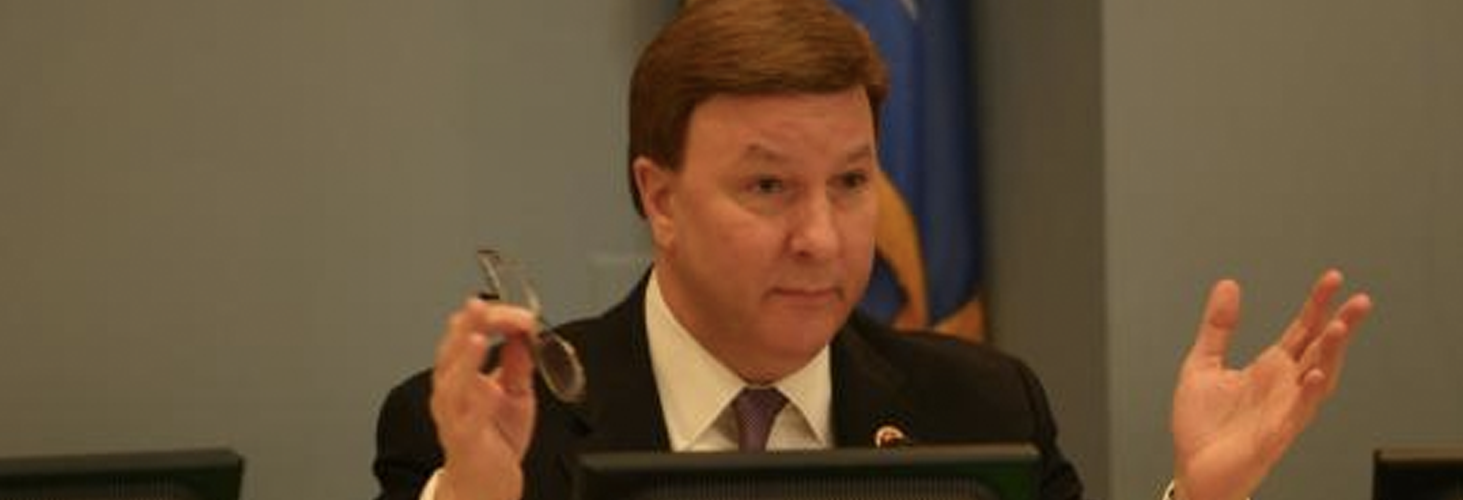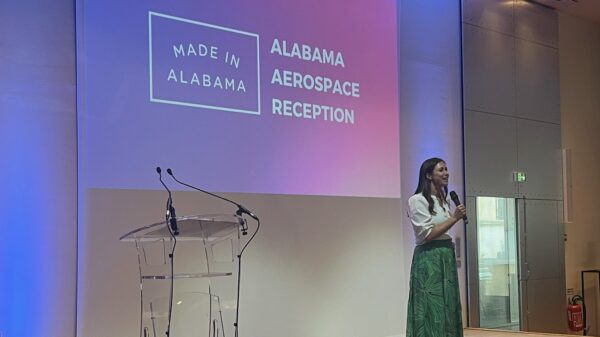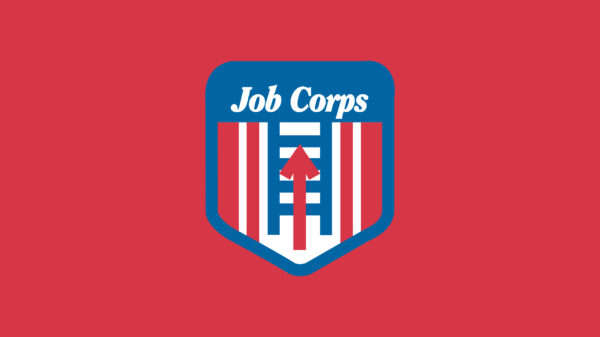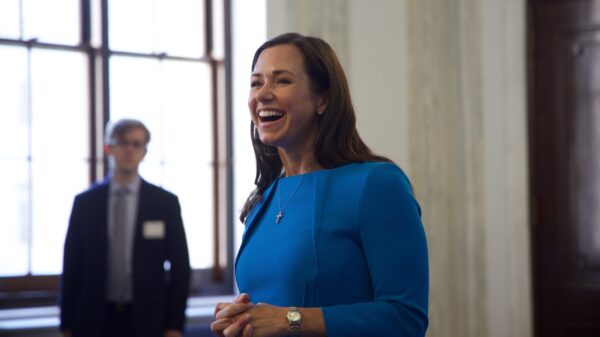By Brandon Moseley
Alabama Political Reporter
Thursday, March 30, 2017, US Representatives Mike Rogers (R-Saks) introduced HR1813, the Border Wall Funding Act of 2017. This bill, which is supported and endorsed by FAIR, the Federation for American Immigration Reform, would impose a 2 percent fee on all remittances headed south of the US border.
Congressman Rogers said in a statement, “President Trump has made it very clear that he intends to complete a wall along our Southern border. As a senior member of the Homeland Security committee, I have long supported the border wall, which will protect Americans.”
Rep. Rogers said, “In order to jumpstart the funding of the wall, I have introduced a bill to impose a 2 percent fee on remittances sent south of the border. This bill is simple – anyone who sends their money to countries that benefit from our porous borders and illegal immigration should be responsible for providing some of the funds needed to complete the wall. This bill keeps money in the American economy, and most importantly, it creates a funding stream to build the wall.”
Remittances, or wire transfers, are commonly used by immigrants (both legal and illegal) to move money from the US to their home countries. In 2014, Mexico alone received over $24 billion in remittances sent from the US, while other South and Central American countries received over 15 percent of their GDPs in the form of remittances.
During the campaign, then presidential candidate, Donald J. Trump (R) stated repeatedly that he wanted to build a 30 foot high wall along the US/Mexico border to curtail human trafficking and drug smuggling. Trump said that he would make Mexico pay for the wall. Since the election, it has become clear that the Mexican government has no intention of contributing toward construction of the border wall.
When President Trump presented his 2017 supplemental budget request he included a resident Trump is requesting a $54 billion increase for defense and a $3 billion increase for the Department of Homeland Security, including an immediate $1.5 billion to begin building the border wall. The President offset this $57 billion by immediately cutting existing social programs, foreign aid and civilian government agencies like the Environmental Protection Agency (EPA) and the State Department during the present fiscal year.
On Tuesday, March 28, 2017 US Senator Roy Blunt (R-Missouri) announced that the request for the border wall funding has been postponed. Sen. Blunt said, “All of the committees, House and Senate leaderships, are working together to try to finalize the rest of the FY17 bill,” he added. “My guess is that comes together better without the supplemental.” Blunt said that the supplemental could be dealt with “at a later time.”
If the full Congress agrees with this decision by the leadership, it leaves the border wall idea presently in limbo. The Congress agree to raise the debt ceiling by April 28 to avoid a partial government shutdown and possible harm to the country’s credit rating. If the supplemental appropriation is not deal with then it likely could be put off until sometime over the summer or postponed to the 2018 budget which goes into effect on October 1.
Trump said during the campaign that the border wall would cost $8 billion. The Department of Homeland Security has estimated that it actually would cost $21.6 billion and take three and a half years to complete. On Tuesday, US Senator Claire McCaskill (D-Missouri) announced that the real cost was closer to $67 billion. This was after a closed door briefing of Senators by the US Department of Homeland Security. Sen. McCaskill claims the cost of the 1800 mile fence would be $36.6 million a mile.
Congressman Mike Rogers represents Alabama’s Third Congressional District.























































